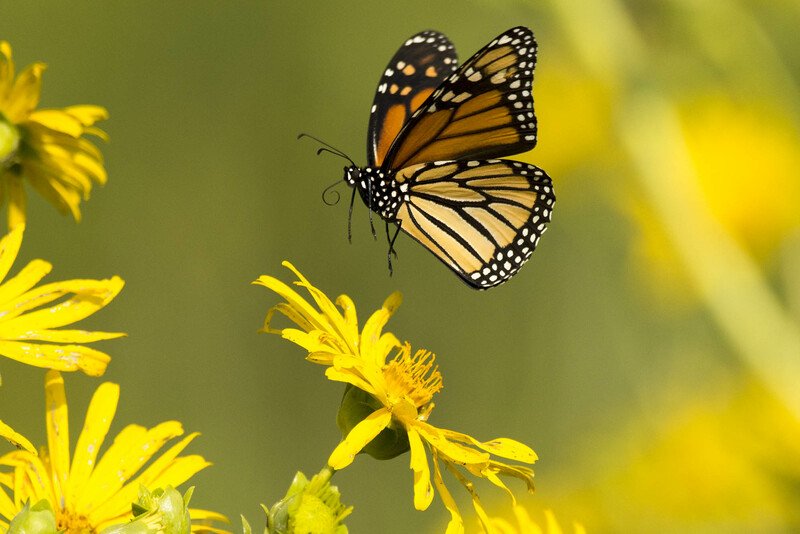For Immediate Release, February 14, 2023
|
Contact: |
Lori Ann Burd, Center for Biological Diversity, (971) 717-6405, laburd@biologicaldiversity.org |
Statement on U.S. Intervention in Mexico’s Phaseout of Genetically Engineered Corn
The Center for Biological Diversity and Greenpeace México strongly condemn the United States’ heavy-handed intervention into Mexico’s decision to phase out genetically engineered (GE) corn that’s produced using pesticide-intensive farming practices and the herbicide glyphosate.
Last week the new U.S. agriculture trade chief Doug McKalip demanded Mexico provide answers to questions about the planned phaseout by Feb. 14 as part of the United States’ threats to respond to Mexico’s decision with punitive steps, including filing formal trade complaints.
In response, on Monday Mexico issued a new decree eliminating the January 2024 deadline for phasing out industrial and feed corn that is genetically engineered, with no firm replacement date provided. Mexico maintained its commitment to phase out GE corn for flour, dough and tortillas, and established a March 31, 2024 date for phasing out glyphosate.
Monday’s press release from the Minister of Economy of Mexico also clarified that the planned phaseout does not apply to genetically engineered crops generally but just to corn. And it included a commitment to the further scientific study of the effects of glyphosate and GE corn, as demanded by the United States."
The United States has, for months, exerted heavy pressure on Mexico to accept U.S.-produced corn that is genetically engineered to withstand what would normally be a deadly dose of pesticides.
Prominent among those pesticides is the weedkiller glyphosate, which independent science has linked to serious human health harms, including cancer, as well as to the decline of monarch butterflies and other imperiled pollinator species. The widespread use of glyphosate on GE crops has eliminated many of the flowers that bumblebees and butterflies need to survive. Mexico’s commitment to phasing out glyphosate parallels its decision to phase out use of GE corn for tortillas and other prominent foods.
Corn’s historical role in Mexican diets and culture — and current concerns about the impacts of glyphosate and genetic contamination of Mexico’s many varieties of heirloom corn — prompted its leaders to ban GE corn for human consumption and phase out glyphosate. The United States has refused to respect Mexico’s choice, instead working tirelessly to bully the country into accepting GE corn in order to protect the short-term profits of U.S. agribusiness giants.
“The U.S.’s shameful efforts to strong-arm Mexico into accepting GE corn it has rejected is nothing short of 21st century imperialism,” said Lori Ann Burd, environmental health director at the Center for Biological Diversity. “Our government is working tirelessly to pad the multibillion-dollar profits of domestic agribusiness corporations by pushing GE corn, even though our glyphosate-drenched GE cornfields are playing an outsized role in driving catastrophic declines in vital pollinator populations.”
“The ban of GE corn is the first step to transform Mexico's agriculture system from one industrialized, based on pesticides dependent on transnational corporations, to an agro-ecological system that offers solutions to soil fertility, local pest problems, allows crop diversification, protects biodiversity and health of farmers and consumers,” said Viridiana Lázaro, food and agriculture campaigner at Greenpeace México. “To carry out the gradual substitution of genetically modified corn for animal feed and industrial corn for human consumption, as is stated in the new decree, is a broad challenge and, in order to ensure that it does not remain only on paper, public policies aimed at the agroecological transition must be issued in order to achieve it. Also, we must ensure that glyphosate and GE corn do not improperly end up in dough and tortillas, which studies have demonstrated has happened before.”

The Center for Biological Diversity is a national, nonprofit conservation organization with more than 1.7 million members and online activists dedicated to the protection of endangered species and wild places.

